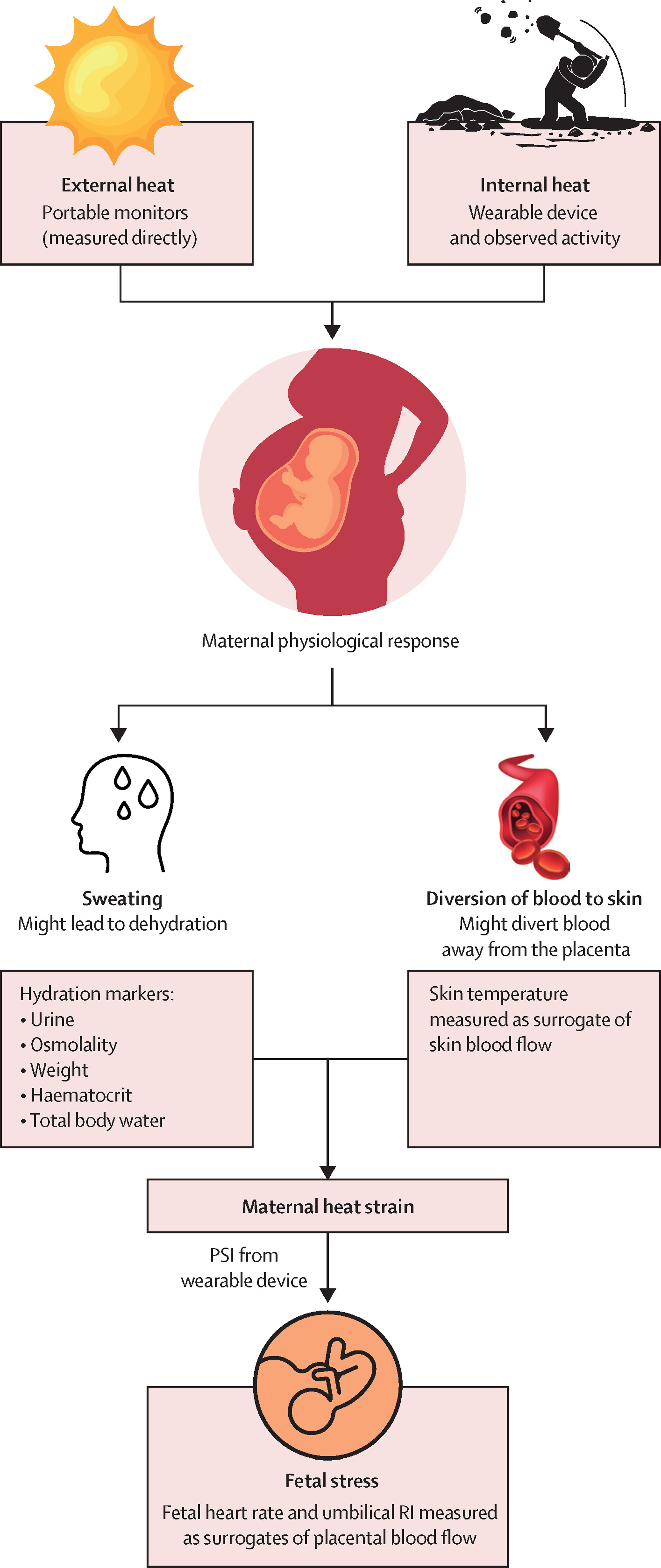Elsevier,
The Lancet HIV, Volume 9, December 2022
This Article supports SDG 3 by examining the potential impact of WHO's triple-intervention elimination strategy on cervical cancer incidence among women with HIV in South Africa. The authors note that cervical cancer elimination among women with HIV would necessitate more frequent screening (every 3 years).
Elsevier,
Cancer Treatment Reviews,
Volume 112,
2023,
102491,
ISSN 0305-7372
Experts in the field, along with patient representatives from the Sarcoma Patient Advocacy Global Network (SPAGN), met at an international consensus meeting in 2022 to define best clinical practice of tenosynovial giant cell tumour (TGCT). Although usually not life-threatening, TGCT may cause chronic pain and adversely impact function and quality of life. A global effort is needed to make active systemic treatments available to TGCT patients worldwide and avoid discrimination.
Elsevier,
The Lancet, Volume 400, Issue 10368, 10–16 December 2022, Pages 2049-2062
This Article supports SDGs 3 and 10 by showing that, globally, Black women are at higher risk of adverse perinatal outcomes of neonatal death, stillbirth, preterm birth, and small-for-gestational-age babies than White women, even after adjusting for maternal characteristics. Moreover, these racial disparities in perinatal outcomes were consistently observed across all geographical regions.
Elsevier,
Antiviral Research, Volume 208, December 2022
Cabotegravir (CAB) is an integrase strand transfer inhibitor (INSTI) formulated as a long-acting injectable drug approved for pre-exposure prophylaxis and use with a long acting rilpivirine formulation for therapy in patients with virological suppression. However, there has been no comprehensive review of the genetic mechanisms of CAB resistance. Studies reporting the selection of drug resistance mutations (DRMs) by CAB and the results of in vitro CAB susceptibility testing were reviewed.
Elsevier,
Vaccine: X, Volume 12, December 2022
An ongoing challenge in HIV-1 vaccine research is finding a novel HIV-1 envelope glycoprotein (Env)-based immunogen that elicits broadly cross-neutralizing antibodies (bnAbs) without requiring complex sequential immunization regimens to drive the required antibody affinity maturation.
Elsevier,
Neuropharmacology,
Volume 224,
2023
This article ties to SDG 3. It reviews converging lines of evidence that suggest that development of prefrontal cortical circuitry necessary for both social experiences and fear learning is altered by stress exposure in a way that impacts both social and fear behaviors throughout the lifespan.

